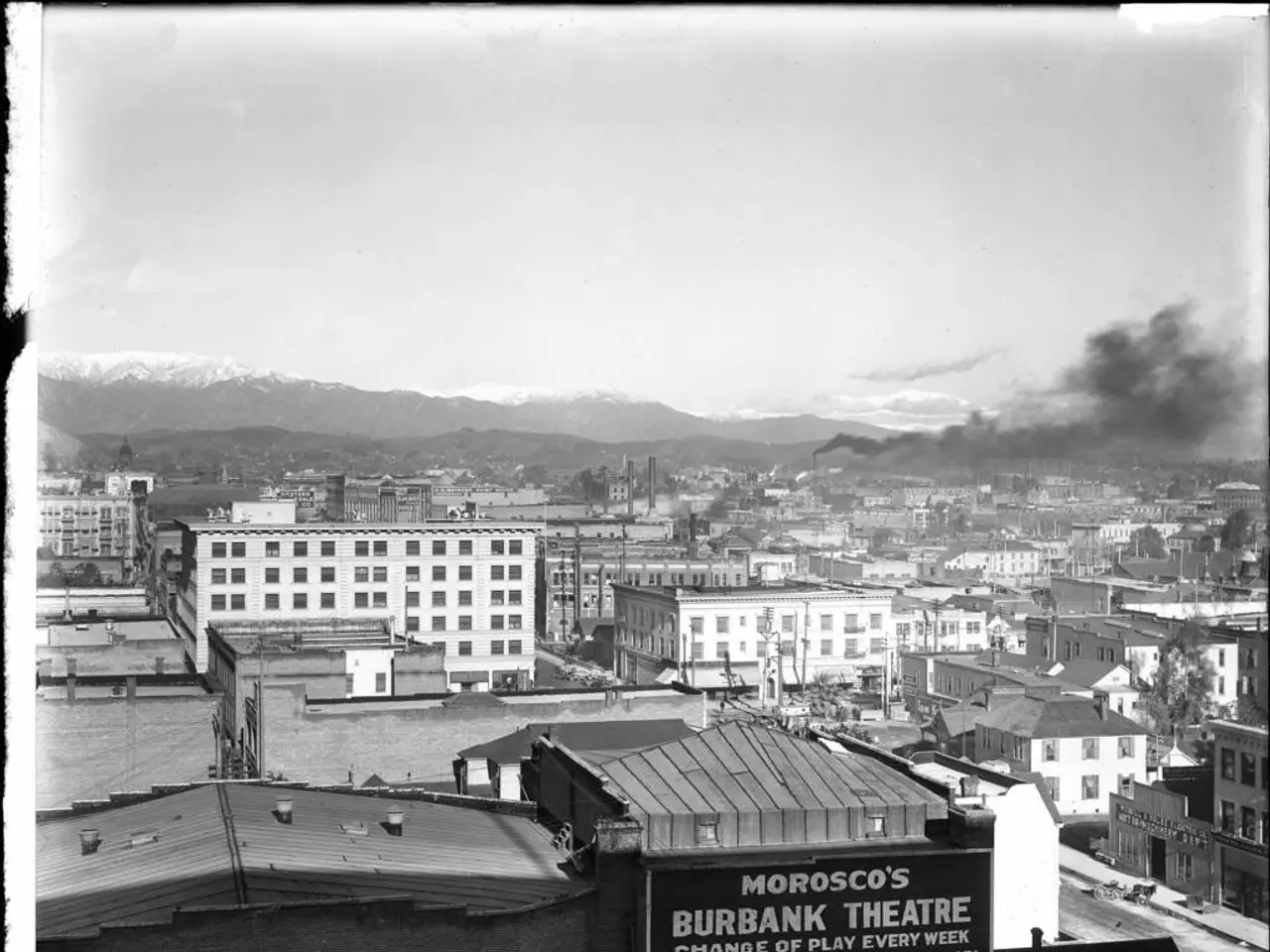Apartment Complex's Carbon Monoxide Alarm Triggered by Activated Hot Water Heater in Madison
The Madison Fire Department responded to a carbon monoxide alarm going off in the basement of an apartment complex on Madison's south side on Wednesday evening. The incident occurred at around 11:30 p.m. on the 2800 block of Ashford Lane.
Upon arrival, firefighters detected carbon monoxide readings of 40-50 parts per million (ppm) in the basement, with the strongest readings found in the room with a water heater. Immediately, crews ventilated the building until carbon monoxide readings fell to 0 ppm.
Residents were evacuated from the building due to the carbon monoxide situation. However, no illnesses were reported as a result of the incident. The Madison Gas and Electric placed the main gas line for the building and the water heater out of service. Fire officials turned off the gas line to the water heater and stated that it would be turned off until maintenance workers could make repairs.
Gas-burning water heaters are a known source of carbon monoxide if not properly vented or maintained. To prevent such incidents, safety precautions include ensuring all gas-burning appliances are installed and inspected annually by a licensed heating contractor, keeping the area around water heaters and their external vents clear of obstructions, installing carbon monoxide alarms, and never using fuel-burning appliances indoors or in enclosed spaces.
Symptoms of carbon monoxide poisoning include headache, dizziness, weakness or fatigue, nausea or vomiting, shortness of breath, confusion, and difficulty concentrating. If these symptoms occur while indoors, especially near a gas water heater, get fresh air immediately and seek emergency medical attention, informing responders that CO poisoning is suspected. Also, contact the fire department to determine when it is safe to re-enter the space.
The apartment complex residents were later allowed to go back into the complex, as the carbon monoxide situation has been resolved. Installing and maintaining CO alarms, ensuring proper ventilation, and recognizing symptoms early are key safeguards against CO poisoning from water heaters. Always treat symptoms seriously and evacuate to fresh air if CO exposure is suspected.
Medical professionals and health-and-wellness advisors stress the importance of regular maintenance and safety checks for gas-burning appliances, such as water heaters, in light of the carbon monoxide incident at the apartment complex. Science-backed therapies and treatments, including carbon monoxide alarms, proper ventilation, and quick recognition of symptoms, can help prevent future cases of CO poisoning.




